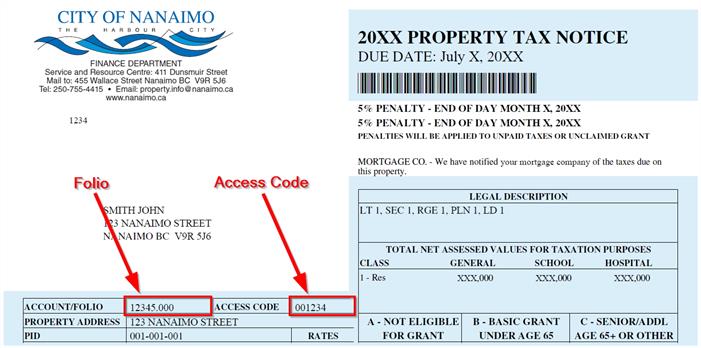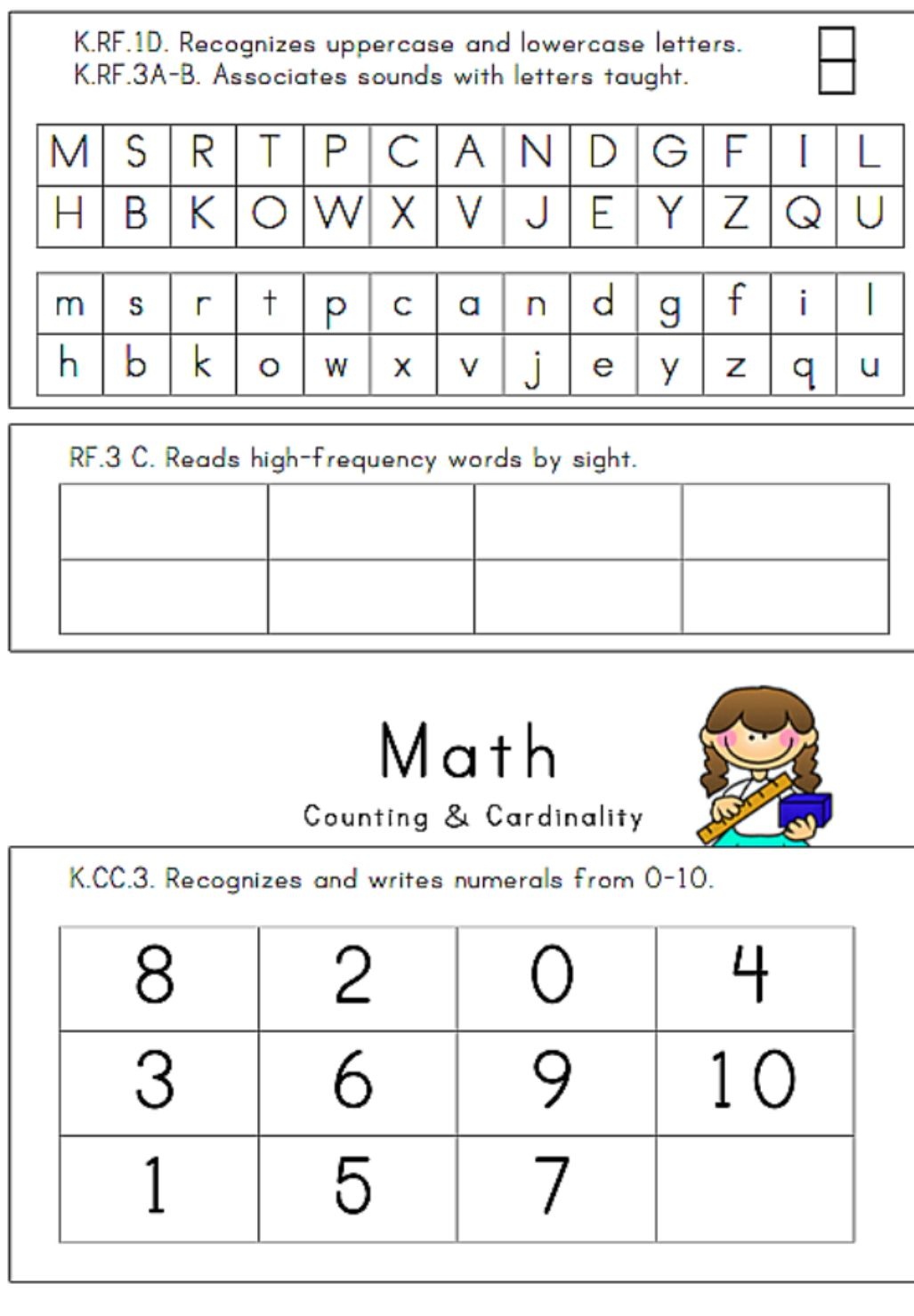What Are HOA Assessments? Are Homeowners Obliged To Pay? HOAM
Table of Content
To ensure your HOA remains free from liability, make sure to review your state laws and governing documents. Let’s use our example from earlier to demonstrate how to calculate special assessments. If the HOA expects to pay a total cost of $50,000 to repair the fitness center, and there are 100 homeowners in your HOA, then it is a simple process of division. In this case, each homeowner will need to pay $500 in HOA assessments to cover the expense.
What are HOA assessments and what can they do in situations like these? For a planned community, they provide a way for the community managers to cover the gap between the unexpected expenses and the monthly HOA fees. Fees are shared by owners proportionally, based on percentage of property owned, and payment schedules are set by the HOA.
If you live in a planned development, you might have to pay HOA fees and special assessments.
If there are 40 unit owners, each owner would be required to pay about $750. Often the precise fee will vary, depending on the size of your condo or house. Generally, the larger your property is, the higher your portion of the assessment will be. Every once in a while, something big gives out, like a roof or an elevator, and homeowners insurance may not cover the costs. HOA fine enforcement usually starts and ends with a warning. Your HOA will likely have an escalation protocol when it comes to fines.
These fees typically range from $100 to $1,000 per month (or more!), but they can vary greatly based on what they cover. Some fees only cover exterior maintenance, while others are more comprehensive, and may also cover utilities and even security guards. Homeowners agree to abide by the association’s governing documents when they first move in. Provided the HOA is acting within its authority to do so and is complying with the law, homeowners must pay the special assessment HOA imposed. It is also worth noting that many associations do have a cap on how much they can charge in special assessments. Several states have also enacted laws imposing an HOA special assessment limit.
What Do HOA Dues Cover?
Homeowners who are facing financial difficulties can always approach the board about their situation. Most of the time, the board will accommodate the homeowner with a payment plan. The HOA board carries the responsibility of calculating the dues for every fiscal year. It begins with budget preparation where board members anticipate the cost of each expense. This includes things like vendors, management fees, utilities, landscaping, and other expenses. For instance, California law requires HOA boards to obtain membership approval for any assessments that go over 5 percent of the current fiscal year’s budgeted gross expenses.
This money allows the HOA to carry out its responsibilities, including maintaining shared spaces, saving for future repairs and improvements, and enforcing community guidelines. While your HOA fees can vary by community type and location, the typical HOA fee for a single-family home can range between $100 and $300. Keep reading to learn more about the financial commitment of belonging to an HOA and to understand common community fees, fines, and assessments. Homeowners associations are organizations that are designed to set up and enforce rules for certain properties and the residents that live in them. These groups are typically created in planned communities, subdivisions, or condo buildings. People who purchase these properties automatically become members of the association.
The Purpose of an HOA Assessment Fee
For example, if there was an unexpected elevator repair of $100,000, the board may ask each of their 100 residents to pay $1,000 to cover the total repair bill. As long as the HOA board can make an accurate assessment of the expenses for that year, the monthly HOA dues are sufficient to cover everything. It is important to check the association’s governing documents to find out how HOA assessments should be calculated. Having said that, most associations divide the costs equally among all the homeowners in the community, board members included. Assessment fees are payments the homeowners' association collects from owners to cover expenses the HOA is responsible for, but that aren't covered in the regular monthly fees. Sure, condo living frees you from some of the burdens of home ownership, such as lawn care and maintenance.

Open, honest communication is key when assessments are needed. Any difficulties or disagreements between the HOA and owners can lead to legal action that will cost the entire community. Owners who refuse to pay can ultimately lose their properties. If you can’t impose special assessments, a lack of funds will eventually lead to poor maintenance of the community. Before moving into any community governed by a homeowners association, it is imperative to evaluate any related fees that you might need to shoulder.
Association assessments demonstrate the ounce-of-prevention-versus-pound-of-cure truism. Unless the condo owner is a would-be Vegas gambler, paying small incremental increases as part of monthly fees seems preferable to the risk of being hit with a four-digit assessment. The problem often stems mostly from the board failing to property plan for each year’s budget. They might base the HOA assessment on budget factors that aren’t really relevant, such as a percentage shown in the community documents or the cost of living in the association.

If you believe a set fine amount is not reasonable, you can help change it. Work with your board to make sure any fine your HOA issues is reasonable and fair. In some cases, an HOA may suspend your rights and privileges as a consequence of nonpayment.
Each homeowner is expected to make monthly or other fixed payments throughout the year, and can face penalties and even foreclosure for nonpayment. If homeowners feel the assessment is not warranted, they can talk to the HOA board about the matter. The board, on the other hand, should try its best to explain the situation to the homeowners. Perhaps there is just some miscommunication regarding the purpose of the assessment. The calculation of monthly HOA dues takes place before the beginning of each year by making expense projections and factoring in the reserves.
For instance, if the cost of vendor services increases, then your HOA dues will naturally follow. Inflation, climbing wage rates, delinquent homeowners, and costly insurance premiums can also impact your HOA fee calculator. If your HOA is trying to reach a particular level of reserve funding, that may also play a part.
Owners may even face higher fees if the reserve fund isn't properly managed. Remember, these are funds that are set aside for unexpected and/or major repairs to the property. And the HOA's board and/or management have a fiduciary duty to make sure that their reserve funds are maintained and managed properly. One question many homeowners ask is whether or not they can claim assessment fees on their taxes. If the HOA used the assessments for maintenance and repairs, homeowners should be able to claim them on their taxes. But, it is best practice to consult with a tax professional first to avoid running into problems with your finances and the law.

If your current budget fails to cover the cost of fitness center repairs, then you will likely need to charge homeowners a special assessment. Occasionally, associations need money in excess of the funds raised by regular assessments to pay for unexpected costs. When this happens, the association may have the power to levy a one-time or short-term special assessment to cover the additional costs.
State laws may also play a role in determining your HOA dues. This includes landscaping expenses, insurance premiums, legal fees, utilities, and the like. Additionally, homeowners receive access to community amenities, such as clubhouses, pools, and tennis courts, in return. Monthly HOA fees are intended to pay for the repair, maintenance, and upkeep of all areas of the property that are owned collectively, rather than individually.
Some HOAs may attach a lien to the property of a homeowner who fails to pay the assessment fee. Associations can slap on a monetary fine on top of the special assessment should a homeowner refuse to pay. Keep in mind that board members experience no special treatment. If you are a member of your HOA board, you must also pay the assessment fee. In fact, you should set a good example and be one of the first people to do so.
Comments
Post a Comment